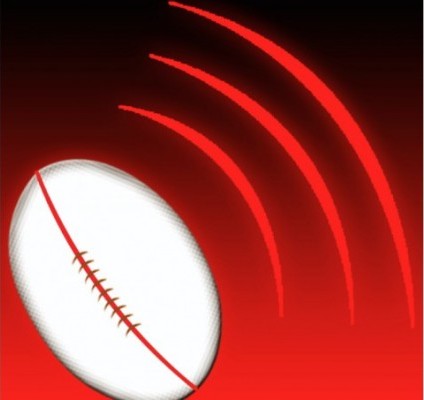U20 Camps Open Doors
U20 Camps Open Doors
There’s some serious business afoot as the USA U20 men’s team look to 2017.
Head Coach JD Stephenson has invited 152 players to three camps to be evaluated, with a smaller number being asked to the next camp. It’s a tough job to sift through the players, but it’s an important one. Stephenson has looked at the Regional Cup Tournaments (for high-schoolers) and also has connected with club and college coaches for age-appropriate athletes. Some in the camps might be a year too young, but there Stephenson is providing a connection between the HS All Americans and the U20s - perhaps those players are a year away, but they need to be in the system.
The result is over 12 dozen players from a variety of backgrounds.
“It’s been a great experience,” said Stephenson. “The coaching staff is really excited about the guys we’re uncovering from different pockets. We’re finding that some guys who excelled in the RCTs but didn’t maybe do so well in the camp environment. And then we’re finding guys who maybe didn’t exactly shine in the RCTs but have really stepped up in these camps and responded to the culture we’ve had in place. The guys havehad a week lead-time and had the position requirements and the playbooks and were able to perform.”
The senior national team position requirements and terminology are the U20 requirements and terminology, so already these camp are a test of how players can handle training at that level.
“It was good to see how well 18- and 19-year-old guys were able to pick up that information and on the last day play some pretty entertaining rugby,” said Stephenson.
There were some players who will be something of a surprise - players who weren’t necessarily on everyone’s radar.
“It’s not necessarily the best players but the best team players who can fit into the structure and play the style of rugby we want and what we’re trying to achieve. What we’re able to do is a bit of a larger scope than the collegiate or HS All Americans. “We are able to get players from all walks of life, which is good, and the regionalizing of the camps makes it more affordable. We have so many places that we can take a shot with a player who might not get an invite for the Collegiate All Americans because they have limited slots.”
So we at Goff Rugby Report asked Stephenson about a hypothetical situation - a coach touts two players, one who is very good, but also brings a strong work ethic, strong character, while the second player is extremely talented, but less reliable. Is there room for both?
“We do look for guys who have those intangibles,” said Stephenson. “It’s amazing; you have guys turning up late for an ID camp. Coaches notice that. If a coach says ‘this guy will give you 100% and is attentive and at the very least he’s a good camp guy,’ compared to saying ‘this guy has all the skill in the world but is a bit lazy;” we’ll take the first one every day of the week.”
Stephenson said he and the coaching staff have taken a few flyers on players with high character but not necessarily all the athletic benchmarks met, and “every single one of them has paid off in terms of adding value to the camp. They bring the standard of the camps up.”
They need that, said Stephenson, because national team coaches don’t have time to develop everything within a player.
“Without the coaches and the RCTs and the ODAs [Regional Cup Tournaments and Development Academies], we don’t have a team,” said Stephenson. “The coach relationship and the player relationship are both really critical to all of this.”
Camp Roster Lists:












